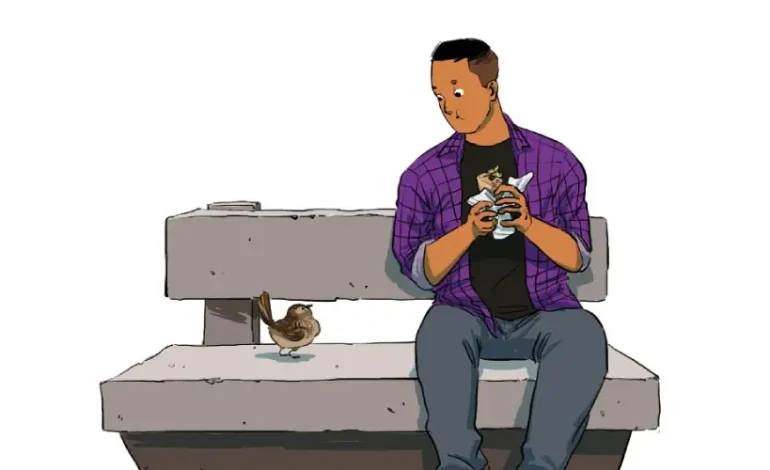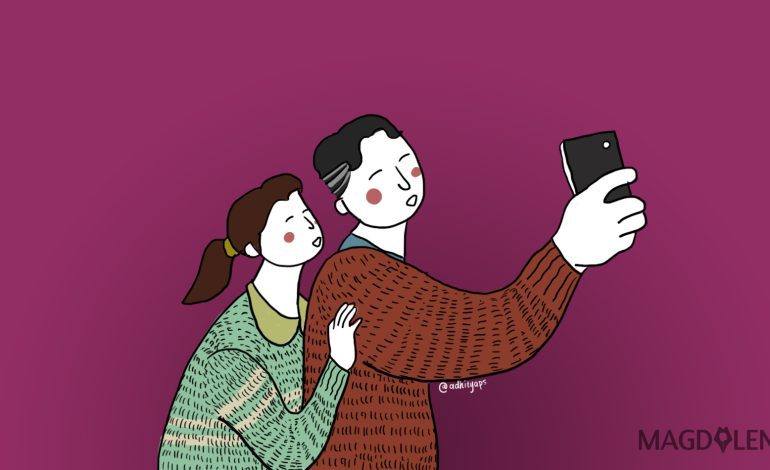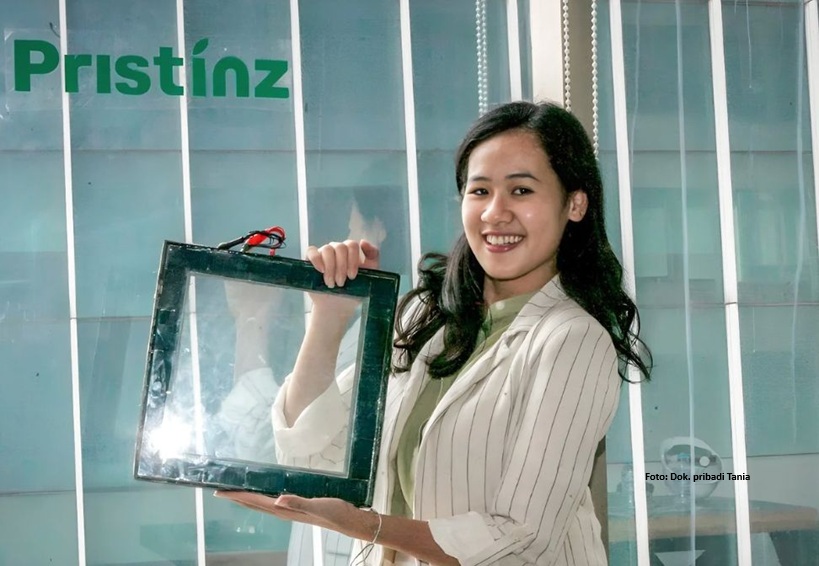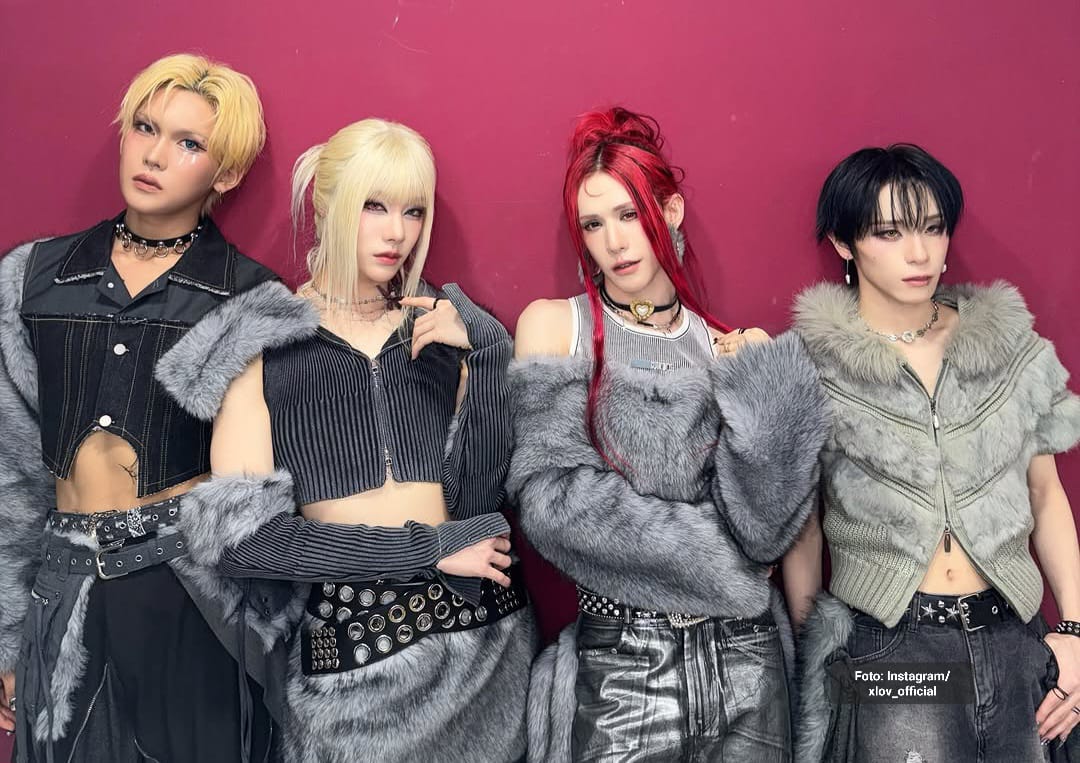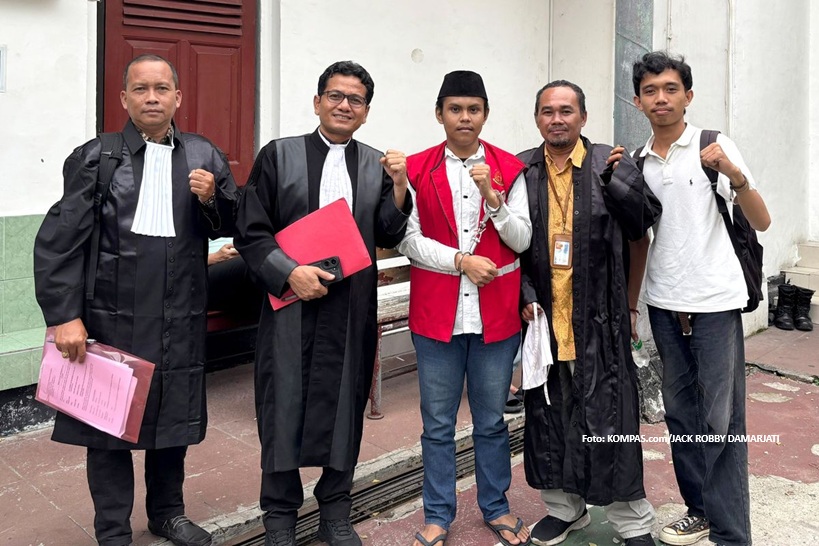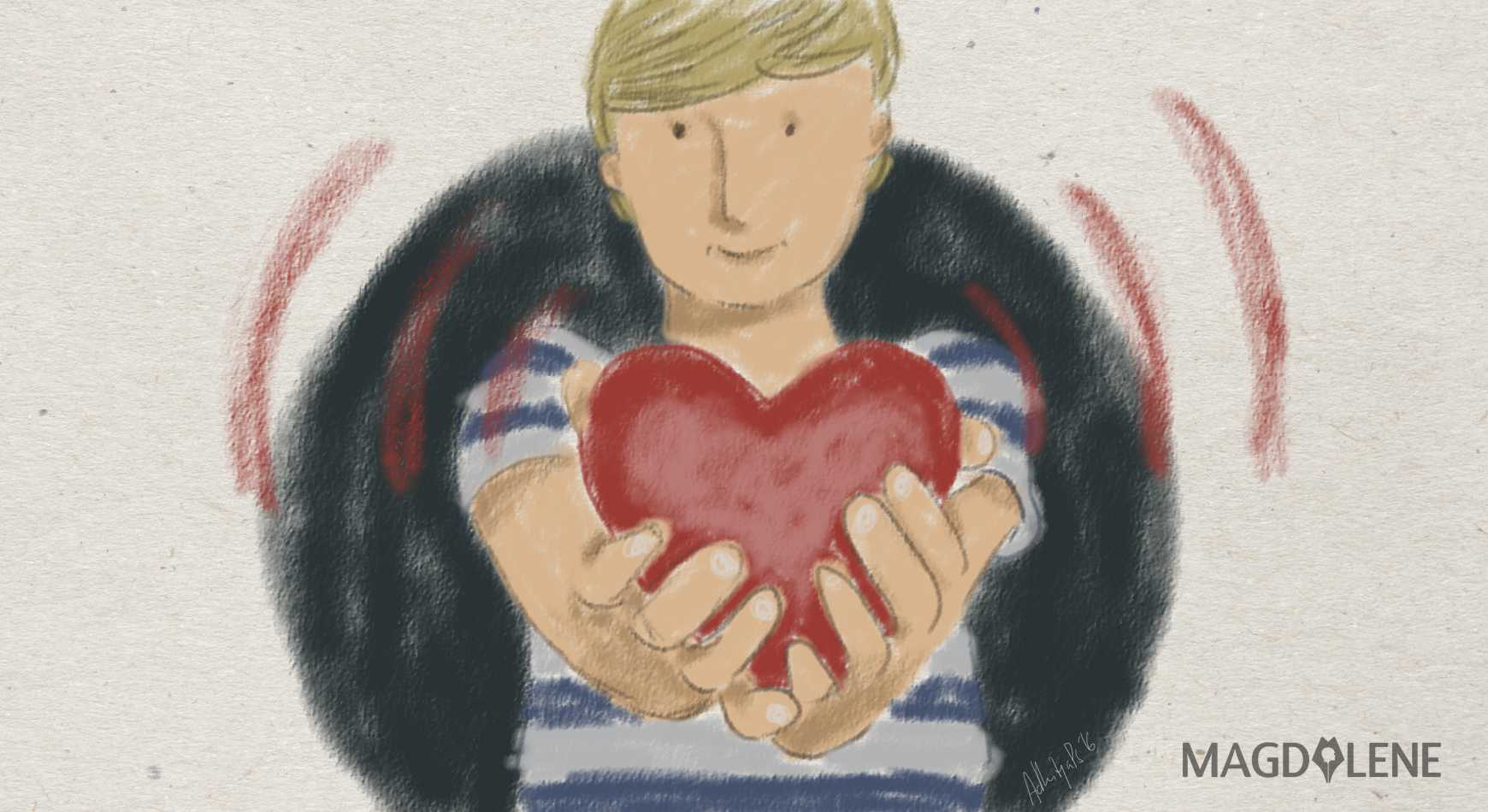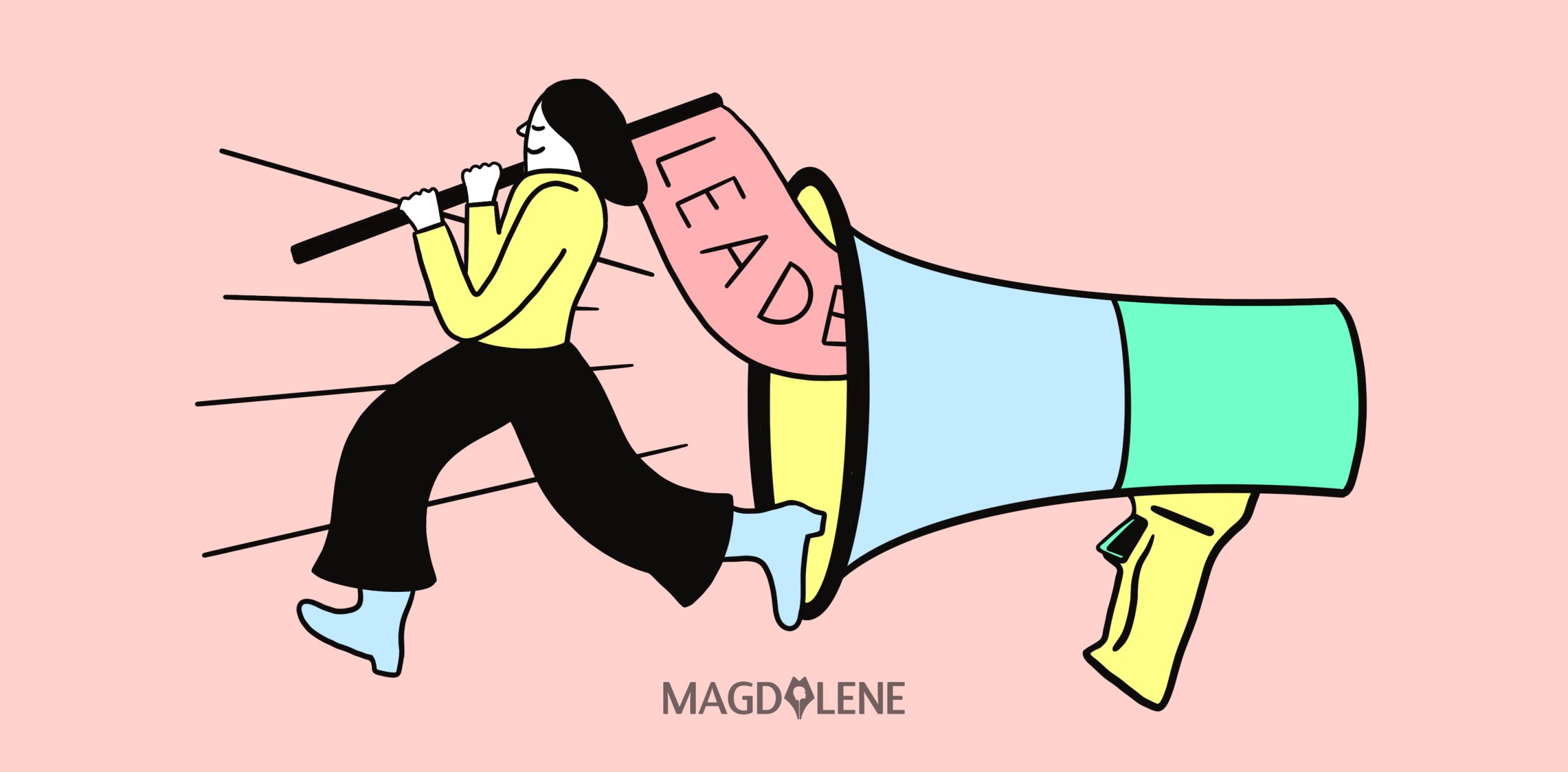My Body-Shaming Trauma: How Motivational Books Don’t Help
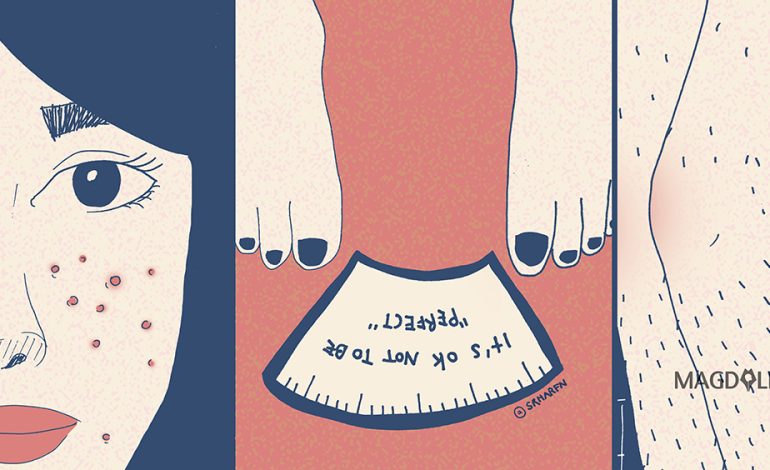
There was a girl who constantly judged her body in the mirror. She was only 12, but already she hated her body so much and felt as if she was cursed. The mean kids at school called her “elephant” as she was bigger than other girls her age. When most of her friends were flat-chested, her breasts were already blossoming. She was among the first in class to get her period, a fact she had to hide fearing people labeling her a “slut”.
But the source of her biggest nightmare was her breasts. She tried hard to cover it with an oversize cardigan or a long hijab. She avoided boys’ attention and prayed daily that she would not be bullied like one of her friends who is called a “donkey”, as she was considered fat and dense.
That girl was me. I grew up feeling ashamed of my own flesh.
“Did you realize your body is bigger than everyone else?”
“You have fair skin. You would be prettier if you’re also thin.”
“Geez, your boobs are huge.”
These kinds of statements were thrown at me daily. As kids, we did not only make fun of our fathers’ names, but also the shape of our body. Those in either end of the spectrum – fat or skinny – are regularly at the receiving end of the bullying.
The constant mockery left me with zero confidence. My body made me feel alienated. At one point, I stole my sister’s abdominal binder, which women used after giving birth to wear across my chest. It was painful, not to mention dangerous, but I wanted to tame my breasts, so I could play with my friends freely, without worrying about people staring at my breasts.
Also read: How the Pandemic Improves My Relationship with the Mirror and Myself
It Starts in The Family
If you asked me where my mom was when I got bullied or when I had a breakdown because of my body, well, she was there, but she wasn’t exactly helping. She criticized my body a lot. She even encouraged my sister and I to go on a diet when we hit puberty, not for health reasons, but purely for physical appearance.
Funny thing is – just like the viral meme on the internet about Asian moms –my mom would shove delicious food to our face while expecting us to lose weight. When we did try to lose weight, the rest of the family would mock us for eating less, yet showing little result. That was when my mother boosted our weight-loss regiment and gave us herbal leaves that led to explosive diarrhea. Yes, that happened.
Back then, I thought what people said about my weight was true. So, I internalized those messages and tried hard to fix my body. It came easily when I left home for college, as I got busy and did not have time nor money to indulge on food. My mom looked so happy when I came back home thinner.
When I graduated and moved to Jakarta, I had transformed into a healthier person and was well-informed about nutrition. I even educated myself about body positivity movement. I lost a lot of weight and felt confident. Until the pandemic hit two years ago. As with millions of other people, I was forced to work from home and developed anxiety. Food became an escapism and slowly but surely, I gained a lot of weight. I tried to keep it under control by doing some exercises and eating healthier. But still the extra kilograms are there and creeping back in.
When I went to my hometown last month, the very first thing of my mother said was, “Didn’t you say you have a lot of work to do? Why are you gaining weight?” It was not surprising coming from her, but it did not feel less painful. I felt like returning to Jakarta right away.
I’m not being dramatic when I say that I get really anxious and stressed out every time I have to go visit my family. I dread the comments that would come up about my body, and most of the time, the anticipation was proven right. They would mock me, I would respond with a fake smile, but inside, the self-hatred reared its ugly head.
Also read: Why You Should Stop Making Fat Jokes during Pandemic
Panic Attack and a Lifetime Commitment
As a person who is well-informed about body positivity and self love, I thought it would be easier for me to fight back those inner demons or internalized body shaming that keep telling me to hate my body. But it turned out to be the hardest thing to do. I never once posted a selfie on Instagram without overthinking it and deleting it a few minutes later. It feels like everyone would judge the way I look.
Two months ago, I had a panic attack while I was on a vacation. The trigger was when a relative pointed out that his mother and I are of the same size, although his mother was obviously a lot older and has three sons. The next thing I knew, every bad memory, negative thought, and body-related trauma surged all at once that I could not breathe. I was reduced to sobs, feeling worthless and self-loath. I blamed myself for getting bothered by something I should have gotten over a long time ago. But the more I invalidated my feelings, the worse it became.
Also read: How Panic Attack Changed My Life
I went to a therapist a month after that scary episode of panic attack. I told her about everything I felt at that time, and she said that it was because of my unhealed body-shaming trauma that I thought I had gotten over with.
She said that body-shaming trauma couldn’t be easily healed by reading self-acceptance books. It is a lifetime commitment. Shifting our paradigm about our body is hard work, not magic. It doesn’t matter how many motivational books I have read, if I haven’t made peace with myself, it will likely appear again. Transformation and healing need our willingness to have an honest conversation with ourselves, without inserting people’s opinion about us, she said.
I guess at the end of the day, accepting ourselves requires a radical self-love. And this is the thing that I still have to figure out.

